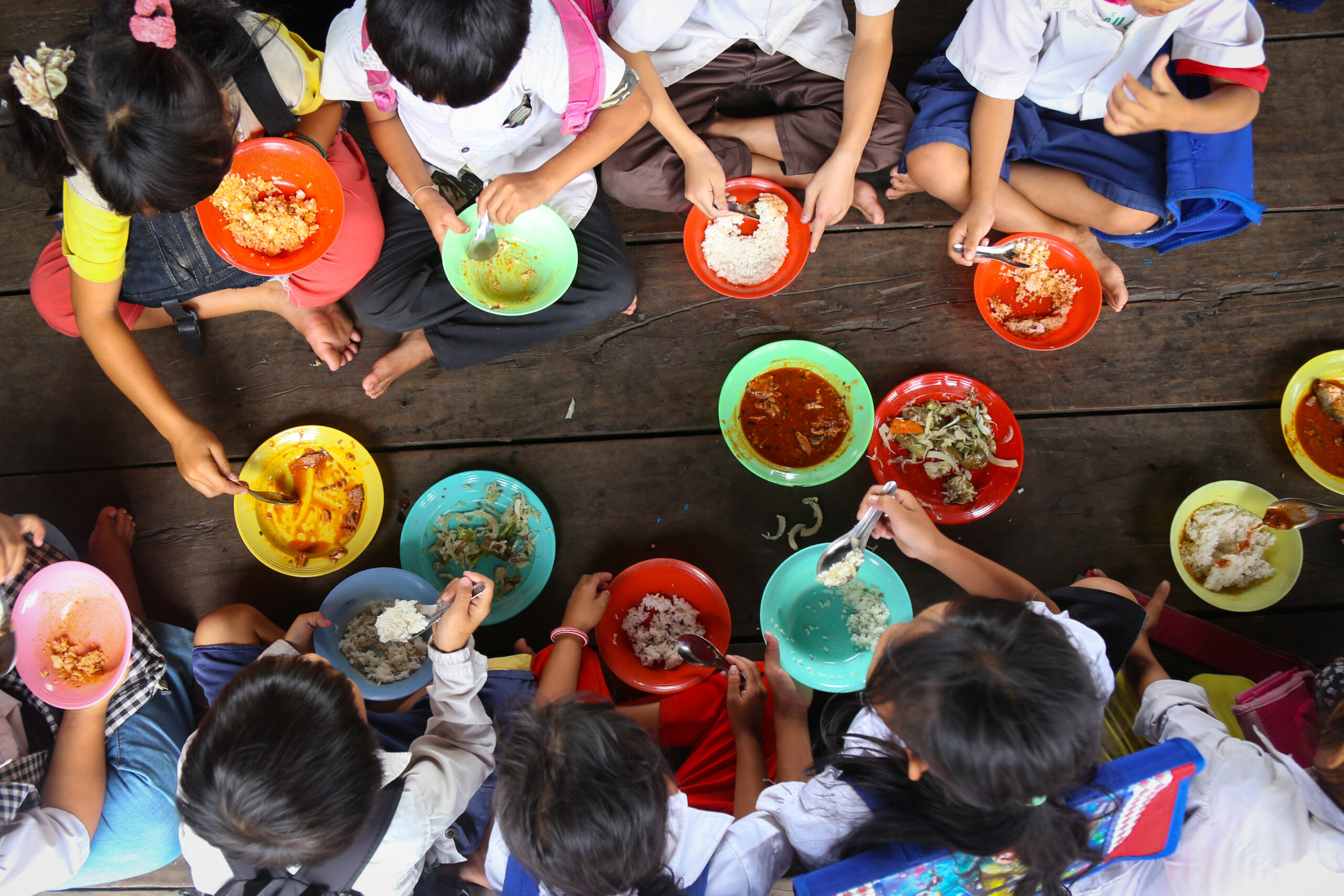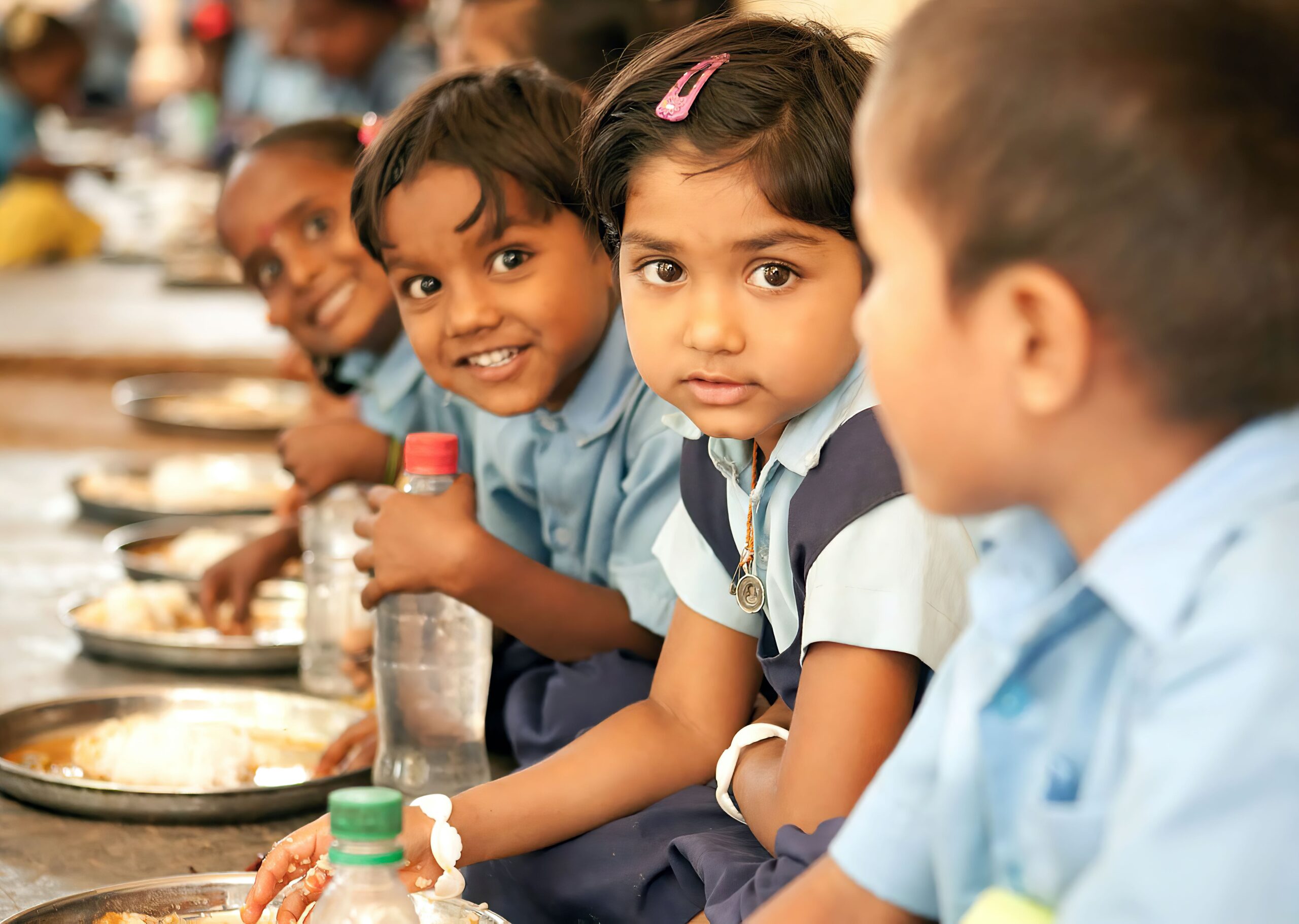
School meal programmes extend benefits far beyond their critical education and nutritional value for vulnerable children, creating jobs and contributing to agricultural and economic growth and social stability for whole communities, says a new Global Child Nutrition Foundation (GCNF) report, School Meal Programs Around the World. While many countries are investing in school meal programmes, coverage is weakest precisely where the need is the greatest. The report is based on the Global Survey of School Meal Programmes conducted in 2019 by the GCNF. The WFP Centre of Excellence against Hunger assisted GCNF with data collection in Brazil and other Lusophone countries.
The document presents an overview of school feeding programmes around the world, with chapters focusing on specific features of such programmes. The Brazilian Home-Grown School Feeding Programme, which is the second largest in the number of assisted children, is featured as a case of success throughout the document. The report highlights some of the features of the Brazilian programme, such as the smallholder farming market access support component. In the Brazilian Programme, at least 30% of all food purchases must come from local or smallholder farmers. The programme also stipulates that regional eating habits must be respected and prioritises community participation.
The report revealed that 85 out of the 103 responding countries have one or more large-scale school meal programmes, which serve an estimated 297.3 million children around the world. Almost three quarters of countries stated their school meals programmes can act as a social safety net, providing food for poor or vulnerable children, representing a cash transfer for the beneficiary families, who can invest in other meals at their households.

More recently, as most schools were closed worldwide due to the pandemic, families have been facing limited access to school feeding programmes. Many countries in the European Union, Latin America, and West Africa have been able to deliver school meal kits or emergency school meals, which have been important sources of food and nutrition for their children and an essential support to households during this sanitary crisis.
The survey highlights that while financing remains a challenge in many countries, it is clear that programs are most successful when funding is earmarked in national budgets. Countries also recognize that school feeding programmes meaningfully contribute to women’s equitable economic empowerment when emphasizing formal employment and fair wages. Many countries reported that women compose most of the smallholder farmers supplying their programmes; and in many others, that 75% or more of school food cooks are women, but 31% of programs reported that very few or no cooks receive payment for their work.
You can learn more about the report, download the document and access other assets on this microsite.




